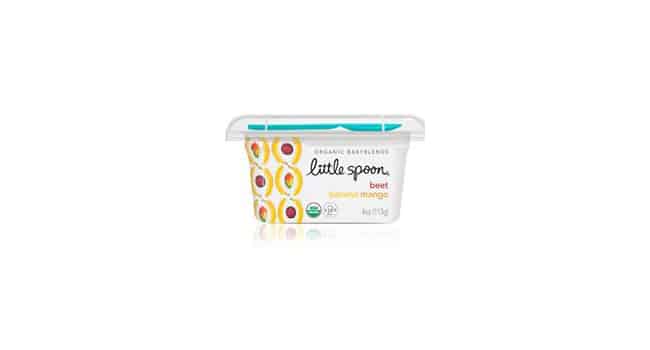Nutritionists believe that the first year of your baby’s life is critical for learning. If your baby is eyeing your food, they are probably interested in what you’re eating. Speak to your pediatrician before starting your baby on organic baby food. During the first twelve months, you must encourage your child to eat nutritious foods so they can make healthy food choices as they get older. Doing this is essential, for you want to limit their risk of developing lifestyle-related diseases like diabetes, heart disease, and obesity.
Even though humans possess natural likings for sugar and salt, and although they generally have negative responses to bitter tastes, consuming healthy foods can modify innate preferences. The sooner you introduce nutritious choices, the easier it will be for your child to develop a healthy relationship with food.
Consider Homemade Baby Food Alternatives
Naturally, home-cooked food is the best because it’s fresh and free of additives. But did you know that the fruits and veggies you use to cook these foods are processed with synthetic fertilizers and pesticides? Limiting your child’s exposure to such substances will ensure a healthy development. Contact Little Spoon, one of the best organic baby food delivery services online, for pureed organic baby food at attractive prices. With the help of leading pediatricians and health experts, we make some of the best baby food blends and boosters. In fact, there are meal delivery services not only for kids, but for all members of the family. My Prep is one such name that is delivering healthy meals to their subscribers. Your baby may get bored with what they eat; they may want options. Purchase organic baby food that includes a variety of ingredients, and introduce a new taste and texture every week.
Focus On Tasting Not Eating
A child’s taste buds are developed before they’re born! Very early on, infants use their taste buds to discover a variety of foods and flavors. The more your baby tastes a food, the more they’ll enjoy it. Feed slowly and patiently, and never force your child to eat. Start with a few spoonfuls of food, and slowly introduce new foods one at a time. Don’t worry if your child doesn’t eat more than a couple of spoonfuls of food. Let them make a mess—playing with food is a satisfying experience for children, one which shouldn’t be denied. It’s a part of the learning process and safe as long as there’s supervision at all times.
Experiment with texture. Start with something soft and then gradually move towards textured foods. Know that all babies are different. Watch out for allergies and intolerances to certain foods like honey, nuts, seafood, eggs, and dairy. Do not include foods that are rich in saturated fats, salt, and processed sugar. Consult with your doctor to learn how to manage allergies, that way you don’t miss out on any key ingredients for your child’s healthy growth and development.
Read More on KulFiy
